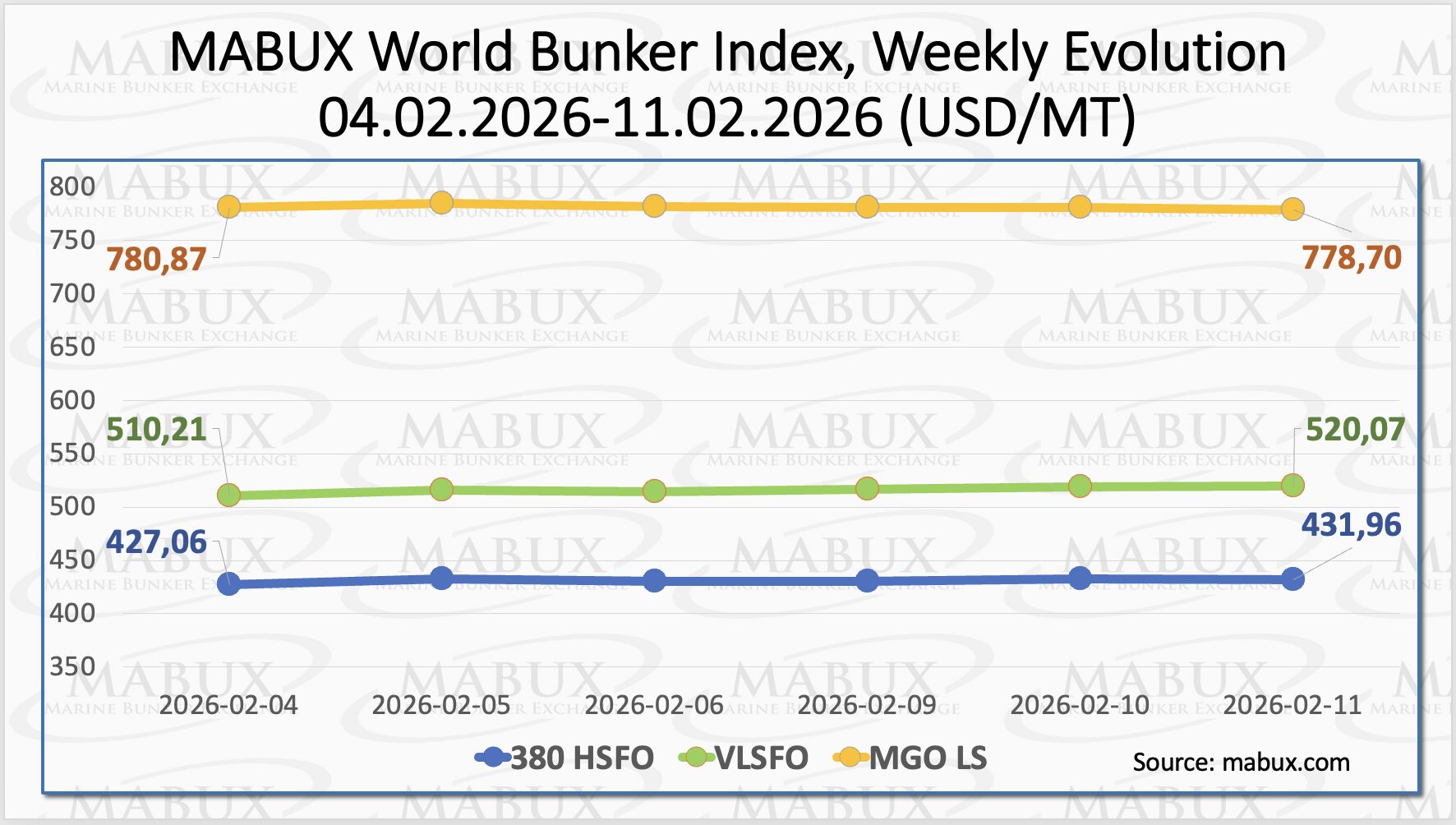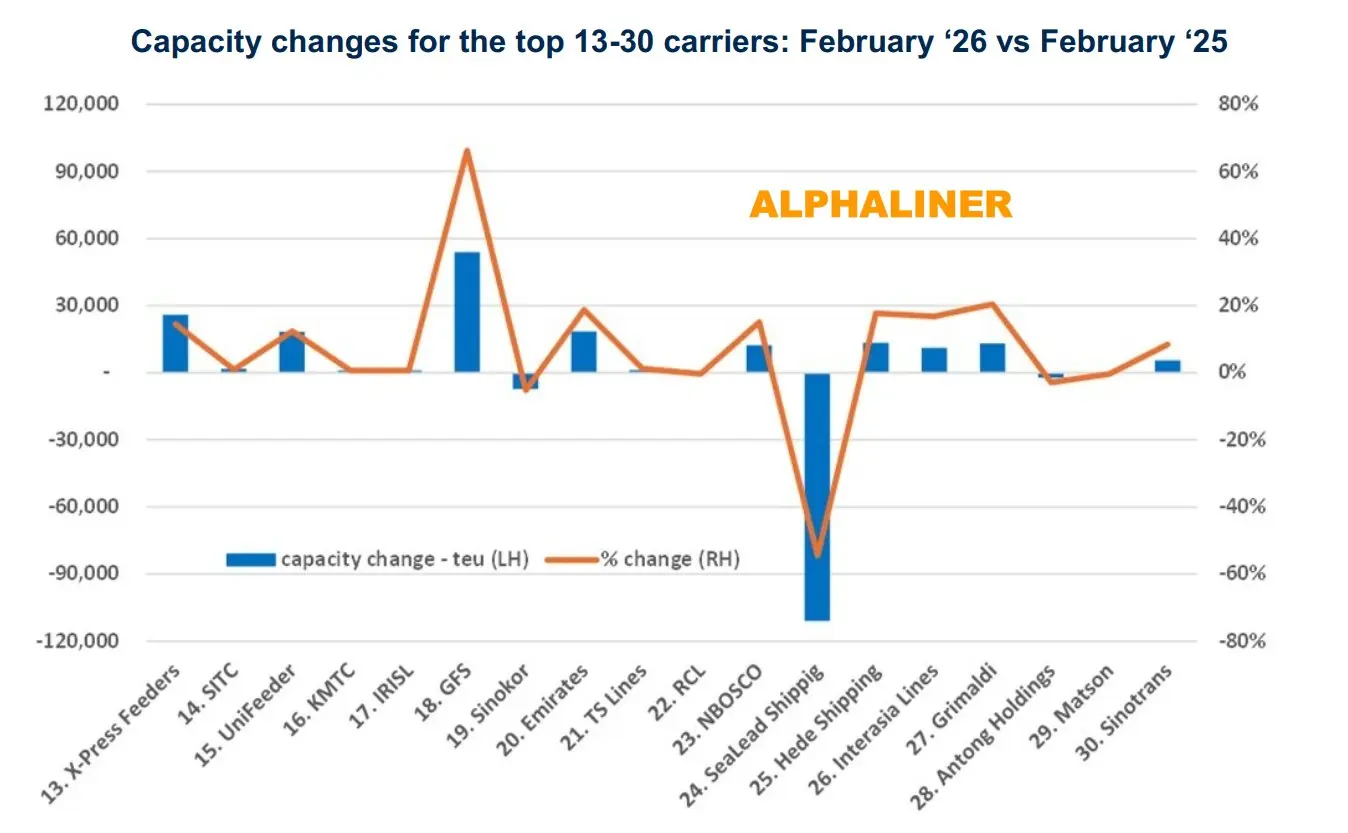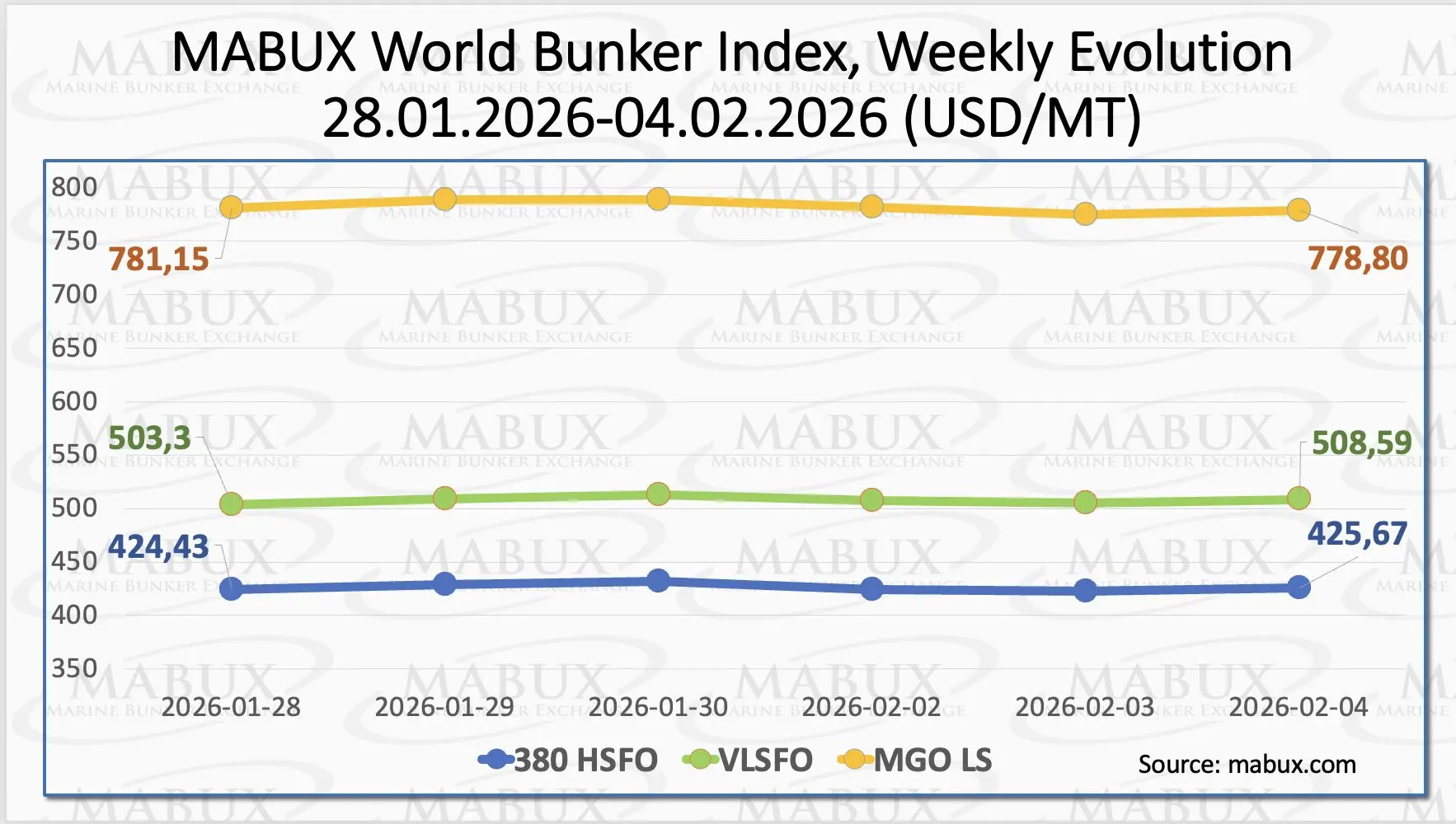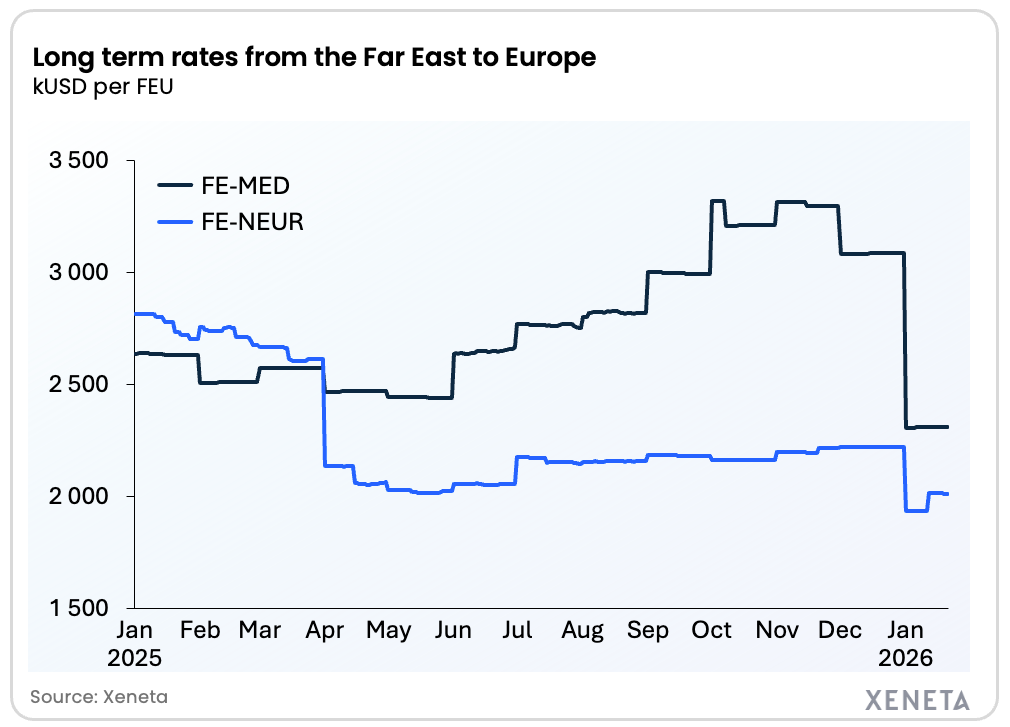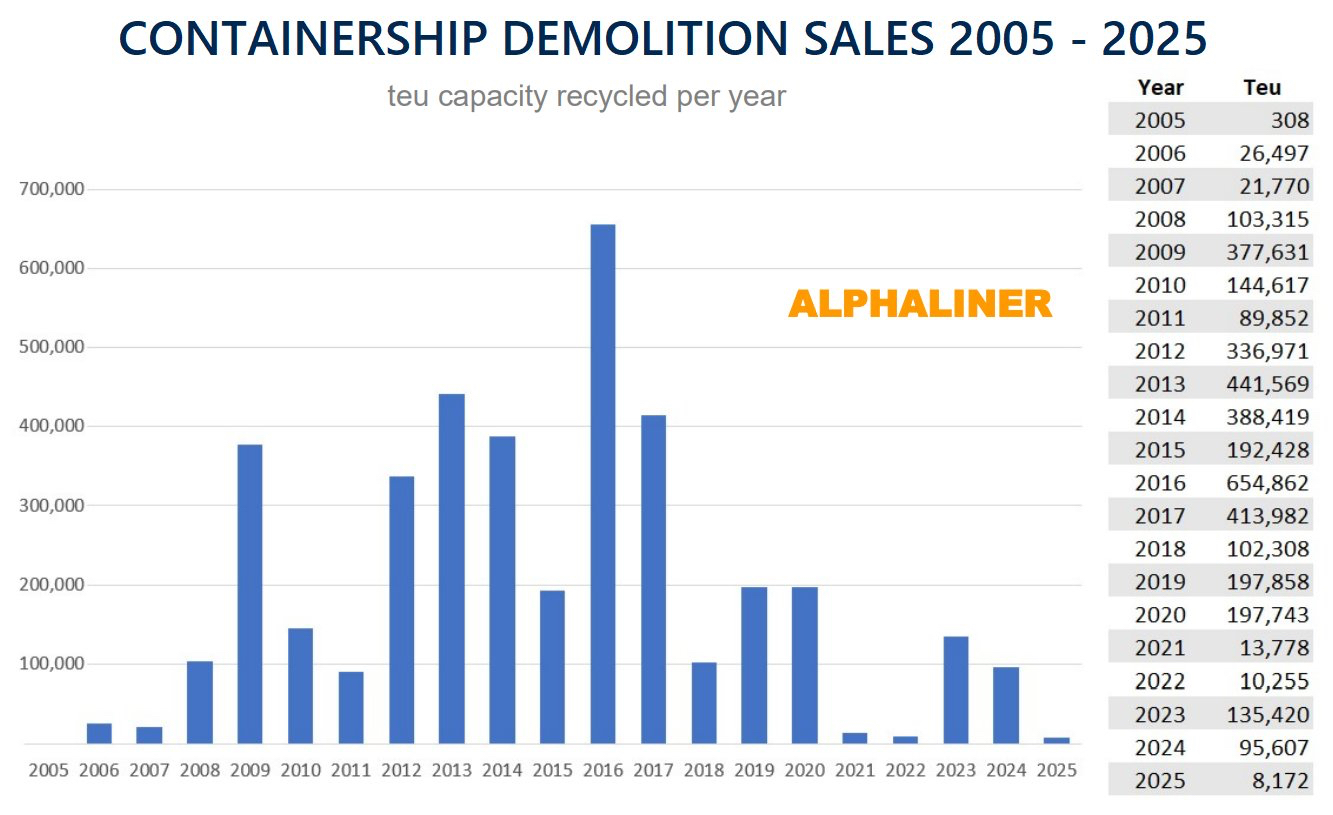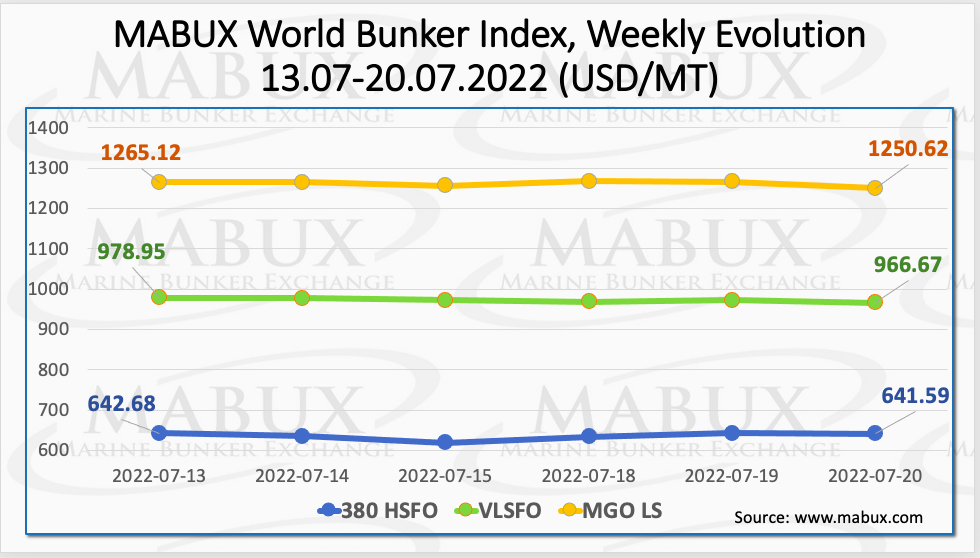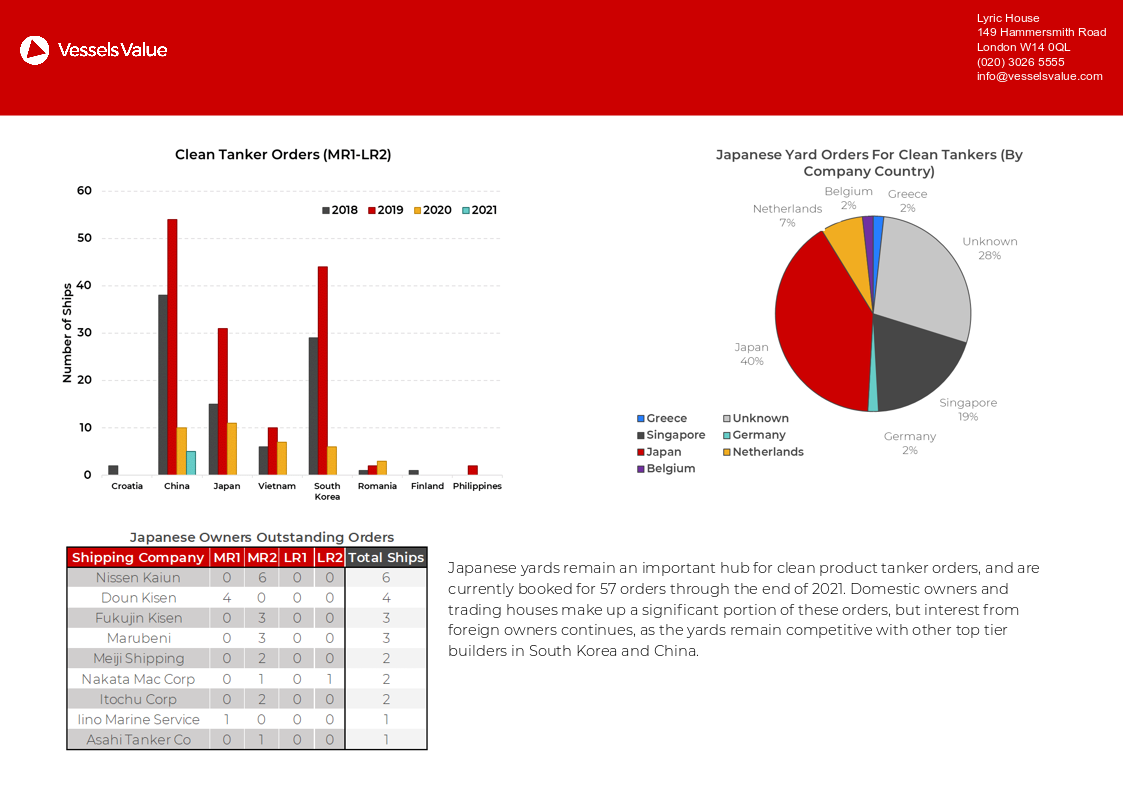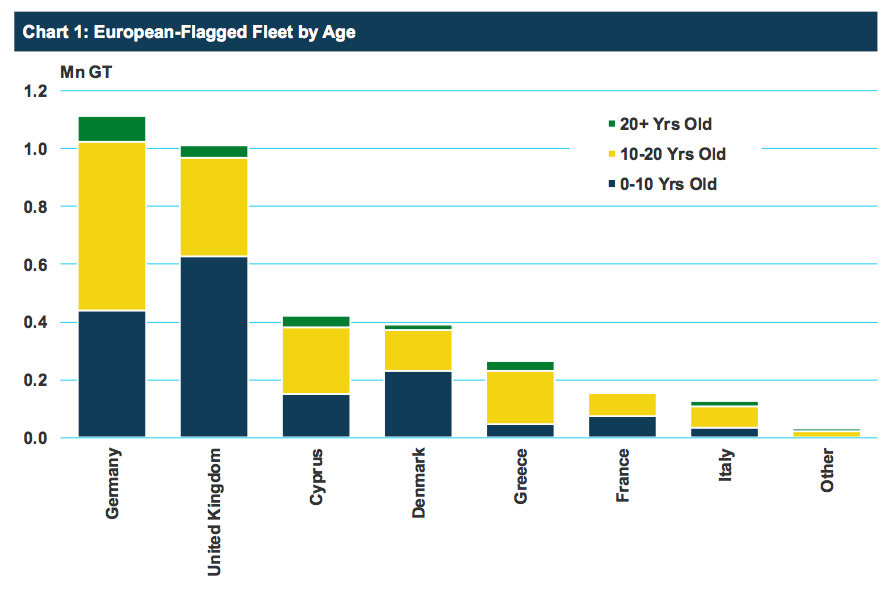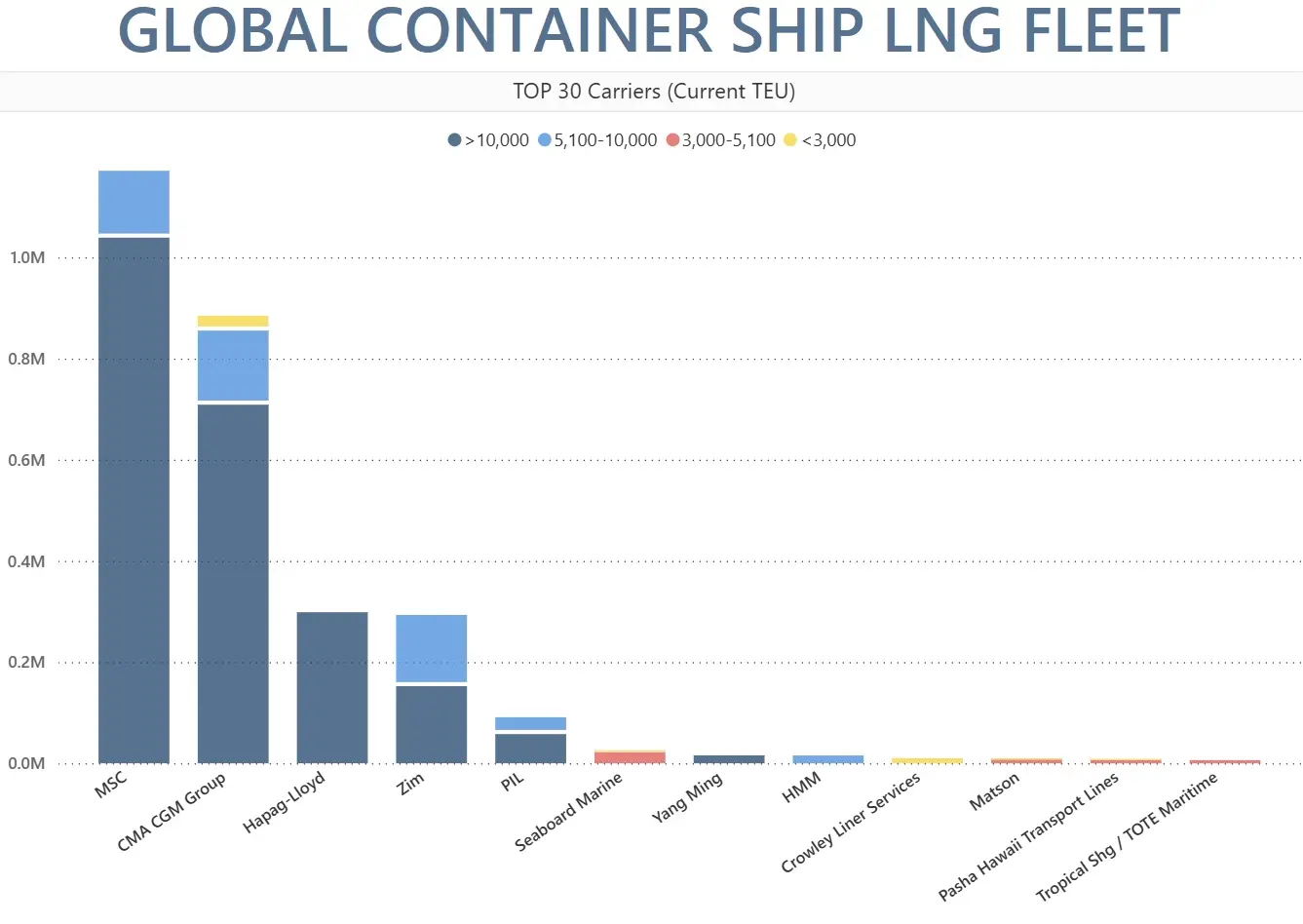
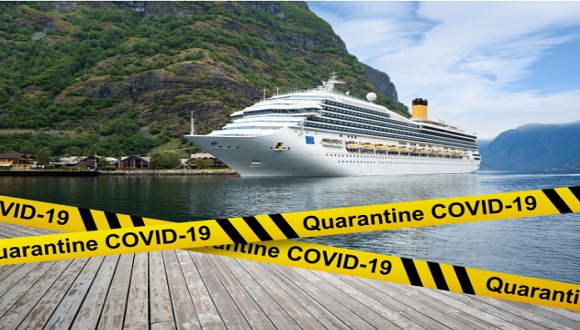
Diseases like Covid-19 are passed from animals to humans. They spread because of animal trafficking, deforestation and human encroachment into wildlife habitats. Maritime shipping plays an important role here that needs to be addressed.
The physical interconnectedness of our globe through a finely-woven web of transport links has huge benefits for mankind. The downside: highly efficient transport networks can propel localised virus outbreaks into worldwide pandemics – as happened with Covid-19.
The main responsibility falls on maritime shipping. This is nothing new – infectious diseases have spread aboard ships for centuries, including the plague in the Middle Ages and the lethal 1918/19 influenza. The role of shipping as an amplifier of infectious diseases has waned somewhat with the decline of sea-borne passenger transport.
But ships still spread viral diseases, as the many cases of Covid-infected cruise ships show. A significant part of the spread of Covid-19 in Australia has been associated with infected passengers disembarking from a cruise ship in Sydney.
Ships also carry pathogens in much more oblique, but no less dangerous ways: via ballast water. Ballast is an essential component of seafaring. During a voyage, vessels take on board sea water to replace weight lost through fuel and water consumption while at sea. The ballast reduces hull stress, optimises manoeuvrability and improves propulsion. No longer needed, the water is dumped into the sea again.
This simple practice can have lethal consequences. Ballast water contains a multitude of microbes, small invertebrates, larvae, and bacteria. Removed from their habitat and dumped elsewhere, they become “aquatic invasive species’ that can cause havoc in their new ecosystem.
Lessons to learn
The reaction of transport policy-makers to Covid-19 has so far been to address the immediate effects of the pandemic. Soon, the focus should shift towards how future pandemics can be avoided, and such a strategic reflection will need to consider the role of maritime transport.
Such a strategy should identify shipping-related measures to halt the future propagation of pathogens. It should also address the causes of pandemics, such as wildlife trade, deforestation and other pressures on biodiversity loss via changes in land use.
Governments should not be shy about making financial help for shipping companies conditional on the implementation of measures which will help prevent the next zoonotic disease developing into a pandemic.
Maritime transport companies, for their part, could use their pivotal role in supply chains to better scrutinise their cargo. The ongoing digitalisation of the maritime supply chain improves the traceability of cargo and its characteristics, including its legality. That way, shipping companies could show they are serious about implementing due diligence on the cargo they transport.
Seaports should also up their game and improve their capability for effective scrutiny of cargo. Several ports have created Wildlife Traffic Monitoring Units to detect and prevent the illegal transport of wildlife.
Seaports should also include combating illegal timber and wildlife trade as objectives in their sustainability strategies, and be accountable for their actions on this.
Source: Olaf Merk
Photo credit: Kotenko Oleksandr/Shutterstock.
This is an extract from the original article which can be viewed HERE.

